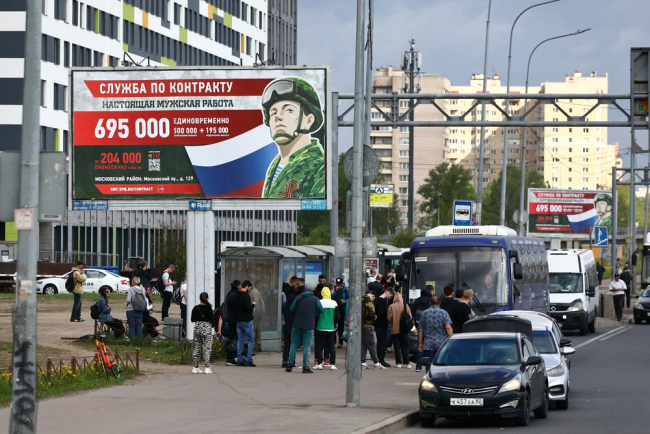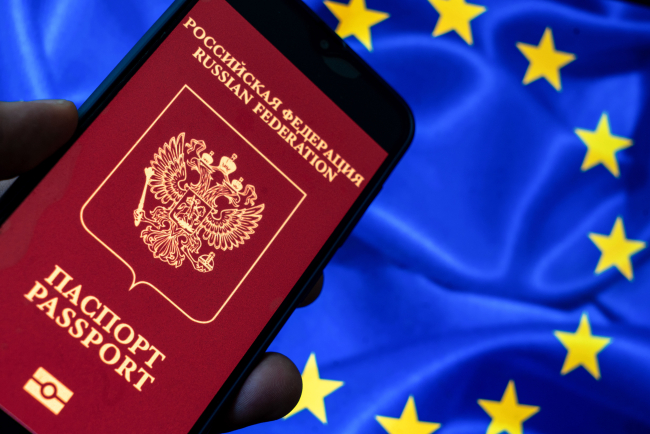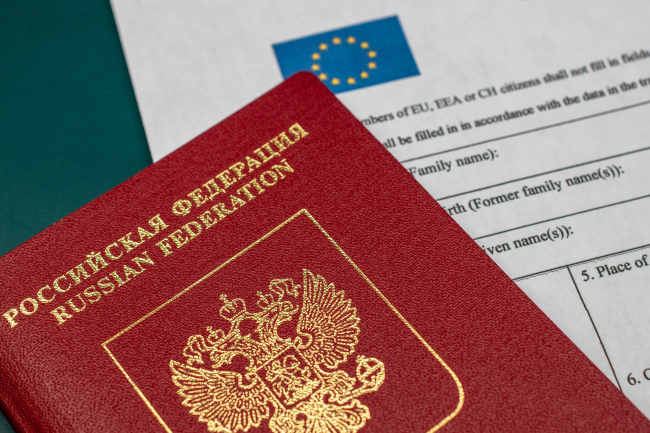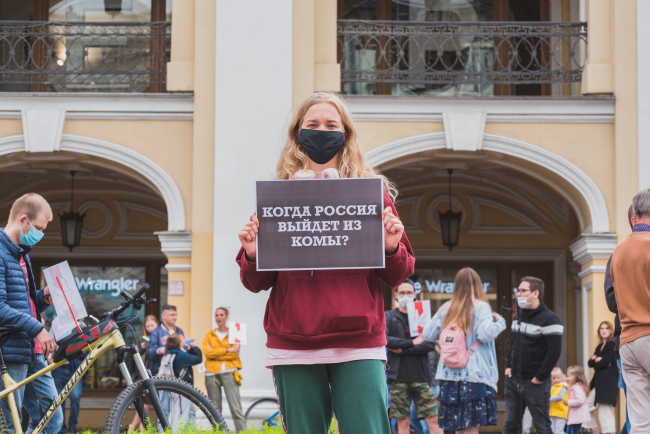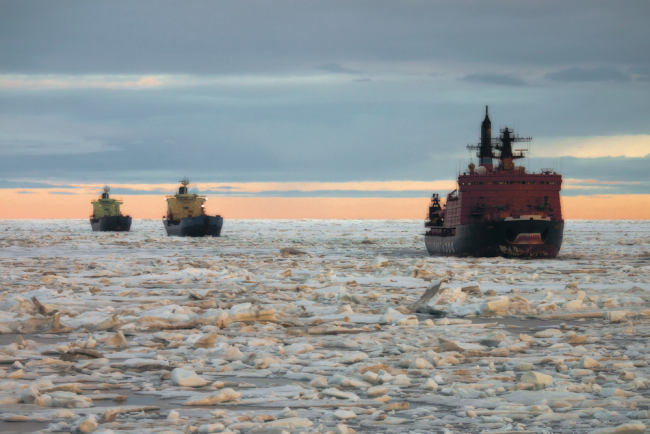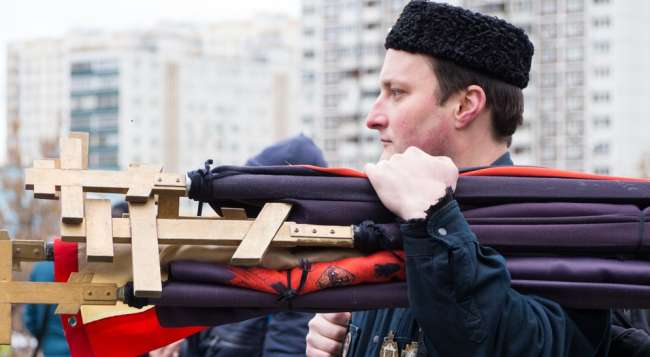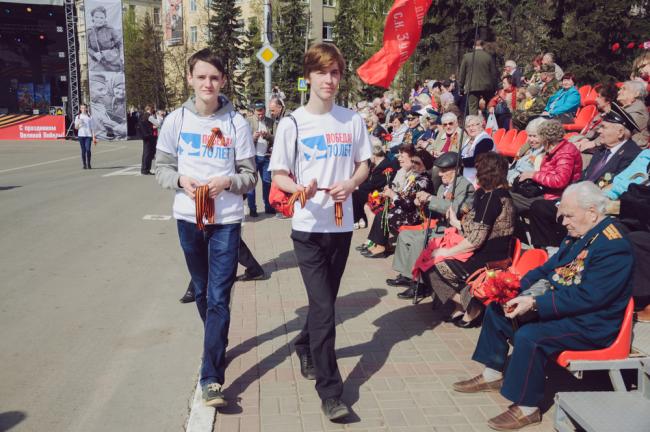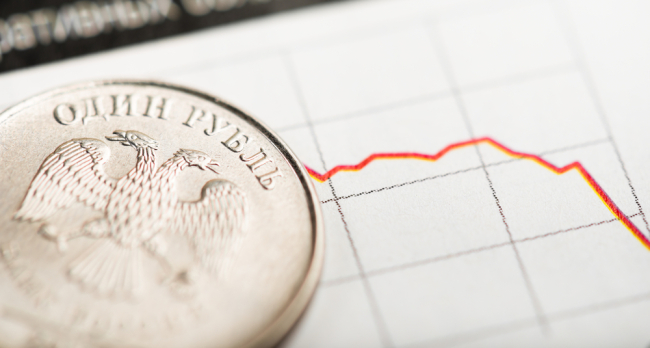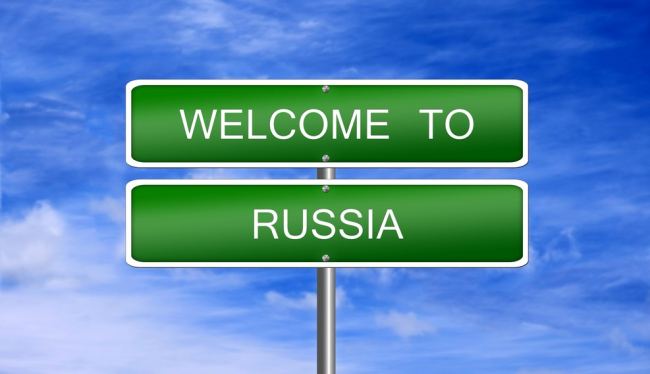War as Social Elevator: The Socioeconomic Impact of Russian Military Keynesianism
In order to finance its war effort, the Russian state has spent substantial sums of money and implemented a form of “military Keynesianism” that is transforming society at both the socioeconomic and cultural levels. This has partially rebalanced the wide disparities in wealth, levels of consumption, and social prestige in Russian society by granting significant financial and symbolic advantages to peripheral Russia, which has long been overlooked by the central government.
The New Russian Diaspora: Europe’s Challenge and Opportunity
This report assesses both the scale and the roots of the outward migration from the Russian Federation coinciding with Putin’s turning of Russia into an aggressive authoritarian state.
The Exodus of the Century: A New Wave of Russian Emigration
Russia’s assault on Ukraine not only changed the contours of world geopolitics; it deeply affected the fabric of Russian society, provoking a massive exodus of self-made and independent-minded people from the country.
Russia: Can Economic Difficulties Weaken the Political System?
Year after year, Russian liberal politicians and experts have been promising radical changes in Russia’s economics and politics, which, they believed, would lead to the collapse of the Putin regime.
The Outsider: Russia in the Race for Artificial Intelligence
When analyzing the global state of play around artificial intelligence (AI), Russia so far looks like an “outsider” compared to the two technological leaders, the United States and China.
Russia’s Arctic Policy: A Power Strategy and Its Limits
Despite the deterioration of its relations with the West and economic stagnation limiting its room for maneuver, Russia continues to have an ambitious policy for the Arctic region.
Russia’s Militia Groups and their Use at Home and Abroad
What makes the militia milieu so unique and important for understanding today’s Russia is that it finds itself at the intersection of state institutions, patronage mechanisms, criminal structures, and grassroots illiberal activism.
Beyond Putin: Russia’s Generations Y and Z
Of Russia’s 146 million citizens (if we include those in Crimea), 63 million—or 43 percent—are under 34 years of age. Of these, 30 million belong to Generation Y (millennials in their 20s and early 30s), 15 million belong to Gen Z (teenagers), and a further 18 million are part of the youngest generation (less than 10 years of age).
Russia's Economic Modernization: The Causes of a Failure
In this short study of attempts that have been made in recent years to modernize the Russian economy, the author explains why they have all ended in failure. Unlike most experts, he focuses on politics and ideology.
The Illusion of Convergence—Russia, China, and the BRICS
The discussion about the BRICS (Brazil, Russia, India, China, and South Africa) opposes two narratives. The first considers they play an increasing role in the international relations as the West is loosing power; the other sees the BRICS as a charade. But the key role played by the interaction between Russia and China is an evidence shared by most experts.
War as Social Elevator: The Socioeconomic Impact of Russian Military Keynesianism
In order to finance its war effort, the Russian state has spent substantial sums of money and implemented a form of “military Keynesianism” that is transforming society at both the socioeconomic and cultural levels. This has partially rebalanced the wide disparities in wealth, levels of consumption, and social prestige in Russian society by granting significant financial and symbolic advantages to peripheral Russia, which has long been overlooked by the central government.
Beyond Putin: Russia’s Generations Y and Z
Of Russia’s 146 million citizens (if we include those in Crimea), 63 million—or 43 percent—are under 34 years of age. Of these, 30 million belong to Generation Y (millennials in their 20s and early 30s), 15 million belong to Gen Z (teenagers), and a further 18 million are part of the youngest generation (less than 10 years of age).
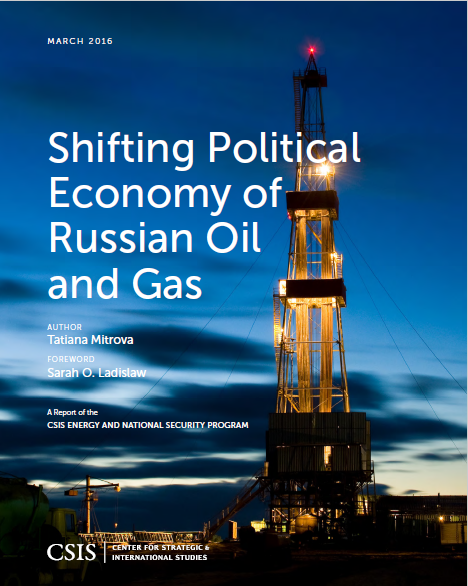
Shifting Political Economy of Russian Oil and Gas
Dramatic changes in the Russian energy strategy and energy-based political alliances are to be expected due to the evolution of the domestic oil and gas market resulting from the economic crisis and sanctions linked to the annexation of Crimea.
Russia’s Immigration Policy: New Challenges and Tools
A new stage in the development of Russia's migration policy is upon us. Since 2010, legal amendments and the Concept of Migration Policy of the Russian Federation to 2025, adopted in June 2012, marked a clear change in how migration flows are regulated, the aim being now to maximise the economic benefit of labour migration.
Russia's 'dictatorship-of-the-law' approach to internet policy
Julien Nocetti outlines the new geopolitical challenges posed by the current stand-off between Russia and the West over Ukraine, which have added to the general defensive leitmotiv in the Russian domestic internet governance with a tighter grip on online communications and transactions, which often contradicts the announced goals of economic stimulation in the information and communications technologies (ICTs) area as one of the vehicles of non-commodity based growth.

Ukraine at the Crossroads: Between the EU DCFTA and Customs Union
After serious decline in the 1990s, Ukraine's economy finally started its recovery and systemic reform in early 2000. While the economy rapidly grew by 2008, its transformation remained unfinished. Ukraine has three possible roads to development.

Gas Exports in Turkmenistan
The Caspian region has been at the center of attention since Europe began seeking alternative routes to natural-gas resources. Turkmenistan has the potential to become an important gas exporter to Europe.

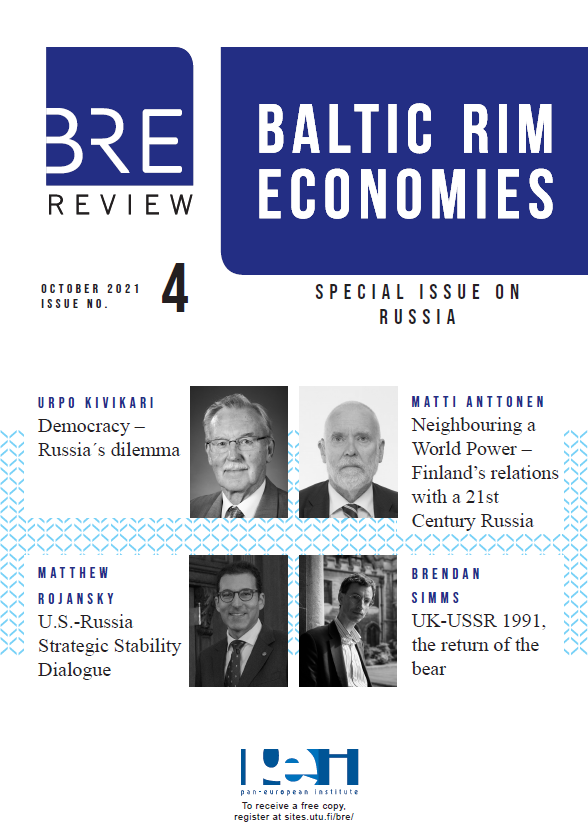

HIV/AIDS in Russia, the epidemic too long ignored
With more than one million HIV-positive people, Russia is one of the countries most affected by HIV/AIDS. The first cases appeared in the USSR in 1987 in the south of Ukraine (port of Odessa). Since then, the number of HIV-positive people has steadily increased.


Russia sends warning to cyber security sector with arrest of Ilya Sachkov
lya Sachkov did not hold back, even though Russia’s prime minister was watching him on a panel starring the heads of the country’s top tech companies.

Russia's government pins hopes on universities not academy
The latest international research report from Thomson Reuters says one thing about Russia: the country’s share in global scientific activities—publications or patents—is small and declining.
Support independent French research
Ifri, a foundation recognized as being of public utility, relies largely on private donors – companies and individuals – to guarantee its sustainability and intellectual independence. Through their funding, donors help maintain the Institute's position among the world's leading think tanks. By benefiting from an internationally recognized network and expertise, donors refine their understanding of geopolitical risk and its consequences on global politics and the economy. In 2025, Ifri supports more than 80 French and foreign companies and organizations.







